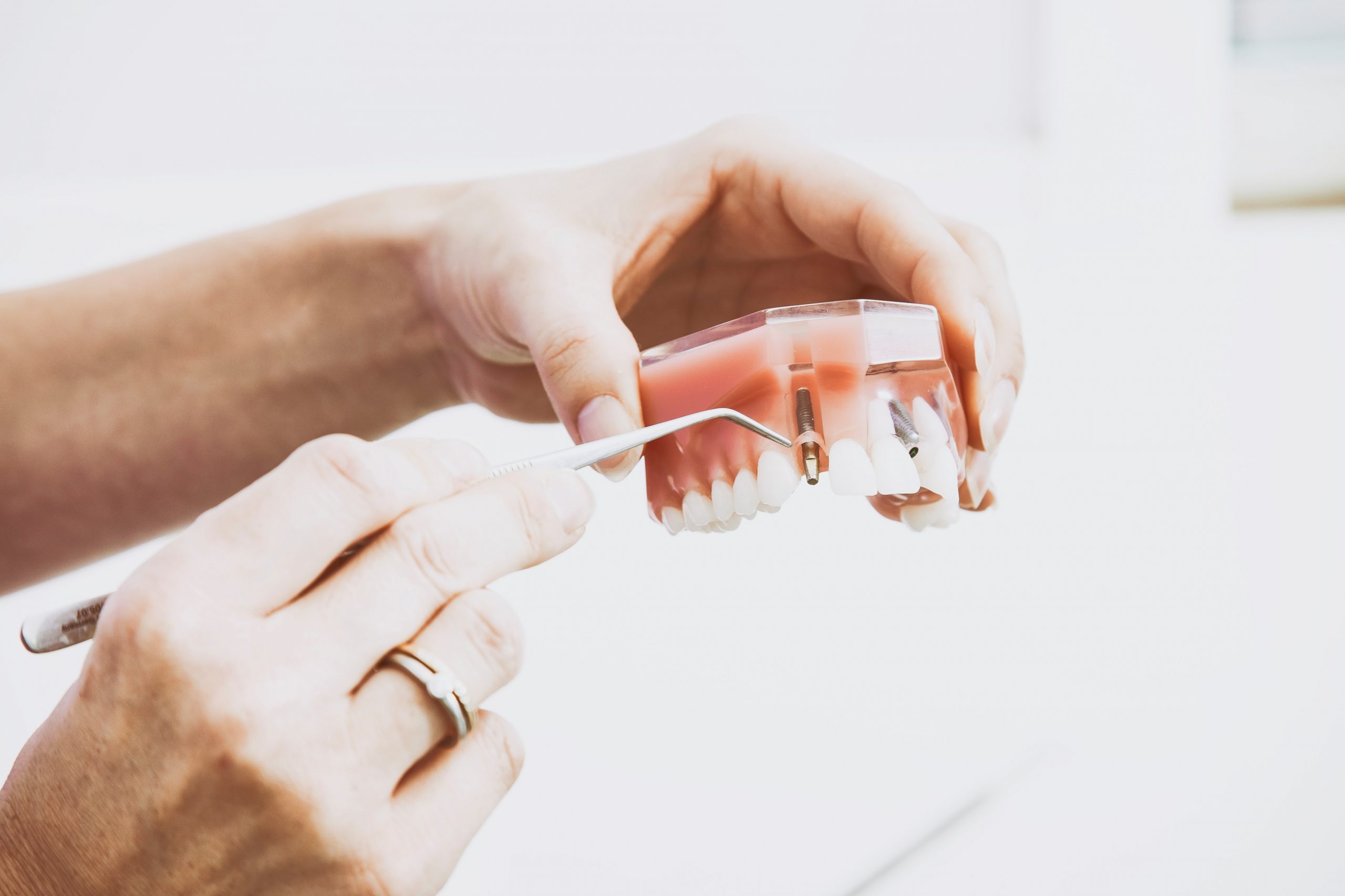Dental sedation is an extremely safe procedure and, as such, is not indicated for patients who have ever experienced medical problems or for those who are easily frightened. However, if you’re worried about becoming vulnerable in the dental chair, dental sedation might be the solution for you.
For most patients, the answer is “no.” However, if you or someone you know is having a nervous breakdown, asking your dentist about dental sedation might help.
Dental sedation is an option for patients who are worried about negative reactions or negative experiences with everyday activities. When you ask your dentist about dental sedation, he or she will have no idea that you are worrying about negative reactions or negative experiences. When you are worried about negative reactions, you might feel sick to your stomach or throw up, and when you throw up, you might not remember much about the procedure.
When you ask your dentist about dental sedation, he or she will have no idea that you are worrying about negative reactions or negative experiences. When you are worried about negative reactions, you might feel sick to your stomach or throw up, and when you throw up, you might not remember much about the procedure.
Will I feel any pain with dental sedation?
The short answer is “no.” The long answer is that most people, except for those under general anesthesia, do not experience pain after dental sedation. The same applies for the effects of sleep dentistry: You will not be unconscious, unconscious sedated, or even slightly drowsy.
What if I told you that dental sedation can be beneficial for patients who have very bad teeth or those who fear the dentist? Dentists who administer sedation have all been trained to tell you that oral sedation can be harmful to your health, so it is very rare that you will experience any symptoms other than general numbness and drowsiness. When you are comfortable, you can drive home after your treatment.
When you are taking sedation, your dentist controls the amount of sedation you receive. The more you take, the more powerful the sedative is going to be. The more you take, the more likely you are to experience side effects and need to be closely monitored.
Yes, there is a very small risk associated with sedation dentistry. The most common side effect is headache, nausea and drowsiness, but you will likely experience other symptoms as well. If you have ever had an allergic reaction to an injection, you will know what I am talking about. Not to worry, though, as nitrous oxide does not contribute to pain or anxiety-based sedation dentistry. The other things you will be doing during the procedure are conscious uttering the words “I am fine” and “Goodnight” (although you will likely be awake during your treatment).
Conscious sedation is achieved with intravenous agents ( IVs, in a vein, or in a tooth) usually administered into a vein, and/or inhalation agents (AEDs, in a shot) usually into a vein. AEDs are often combined with other types of sedation, such as local anesthetic agents, which numbs a small area of the body, or regional anesthesia, which renders you completely unconscious.




